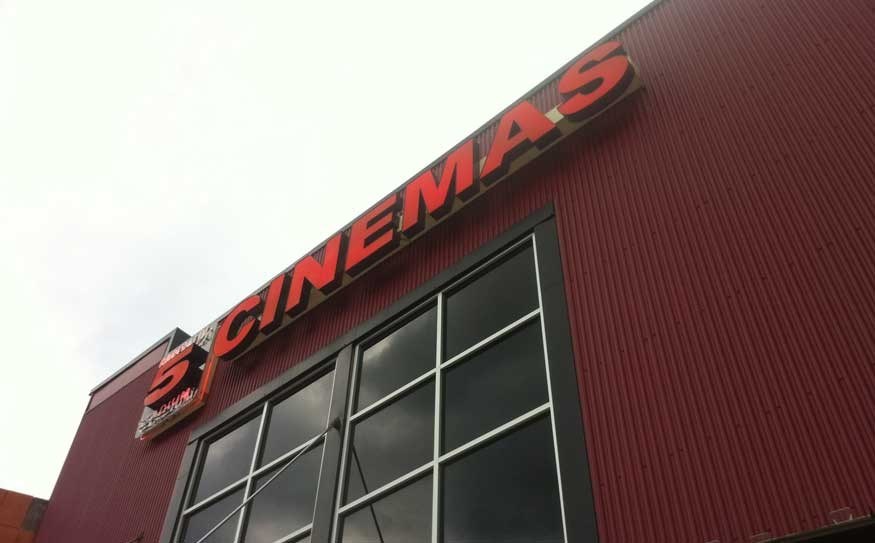Squamish residents will likely find a void in their cultural offerings now that Garibaldi 5 Cinemas has closed.
But the shuttering of Squamish's only movie theatre shouldn't come as a surprise to anyone. They'd been operating in the red for years and, according to an industry expert, any theatre unable or unwilling to upgrade facilities to meet audience demands, including digital film and 3D technology, will be left in the dust.
"The audiences get more sophisticated with the technology," says Jeremy Bator, president of the Motion Picture Theatre Association of British Columbia (MPTABC). "The guys that grow and adopt new formats and technologies and certainly expand the film base are doing well."
He's unable to speak specifically about Garibaldi 5's situation, since the cinema was not a member of the MPTABC, but he says that, in general, as the industry shifts from print to digital film, many independent theatres are choosing to shut down rather than invest in technology upgrades.
"What you'll see, at the end of the day, is that within a year, to a year and a half, film will not be available to those (communities) any more," Bator says.
Currently, more that 75 per cent of theatres have converted to digital. Neither Village 8 nor Garibaldi 5 have upgraded. It's been estimated that the upgrade could have cost Garibaldi 5 around $400,000.
David Corwim, president of the U.S.-based Metropolitan Theatres, which owns Garibaldi 5, was unavailable for comment on this story by press time, but told Pique in April the costs of the upgrades were simply too high.
Feet Banks, Pique's film critic and founder of the B-Grade Horrorfest, says he feels "terrible" about the closure and worries specifically about how the community's youth will spend its time.
"If I was a teenager or a kid, I'd be bummed out. That's such an awesome part of growing up — taking a girl to the movies and putting an arm around her," he says. "It's a real part of childhood that now all these kids in Squamish are going to miss out on."
Banks argues that Garibaldi 5 was simply too big for the town. Every time he went to see a movie, the theatre was "dead," with just a few exceptions. At the same time, Squamish has still managed to keep a video store in business, which means people are still willing to pay for movies in some capacity.
"I definitely think that (the problem) — and that's one of the problems with the Whistler theatre too — is that they showed a lot of shitty movies," Banks says.
Ticket sales have been down throughout North America the past two years. According to Box Office Mojo, which tracks international box office records, ticket sales were down 5.2 per cent in 2010 from 20009, and down another 4.2 per cent in 2011.
But Bator says that 2012 is looking much better. So far, North American box office numbers are at just above $7 billion. That number last year was $6.7 billion. So people are still interested in seeing films — the key, he says, is to find ways to draw people in that work specifically for each community.
"Sometimes that means you have to expand not just the theatre, but (provide) meeting space or different kinds of things. Every one needs to think outside the box if they want to continue to stay alive."
Adrian Polo, an independent filmmaker and Squamish resident who has worked extensively in the industry, says that diversification of films, is essential to a cinema's survival in Squamish. The most important part, she says, is maintaining a theatre that can appeal to the cross section of Squamish residents.
"Older people like me, we attend the old cult films, so (a theatre) could show a Fellini festival and show those films. That's where multi-screen comes into effect, where you can cater to that group as well."
"By diversifying the movies they show, not just first run, but some cult films, some second run and you'd be able to cater to older people, some middle–aged people, etc.," she says.
"Theatres have to evolve."




